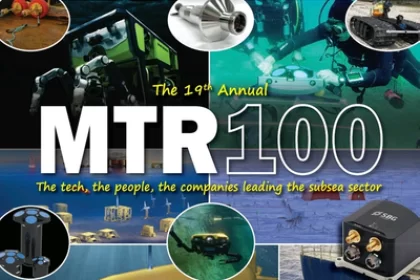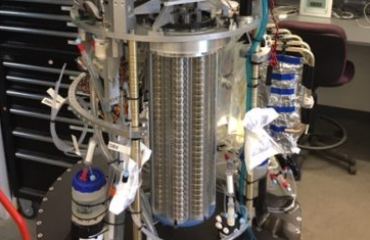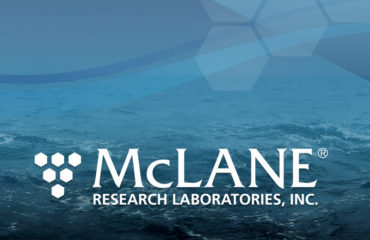
McLane Research Labs is proud to announce its recognition in the 2024 MTR100, a list of the top 100 marine technology companies worldwide. This marks the 11th consecutive year that McLane has earned a spot on this list, a testament to the company’s commitment to innovation and collaboration with the global scientific community.
The MTR100, an annual list curated by Marine Technology Reporter, serves as a definitive guide to the most influential organizations in marine technology. McLane’s inclusion reflects its significant contributions to the advancement of oceanographic science and technology. For over 40 years, McLane has led the way in developing reliable, high-quality oceanographic instruments used for vital research and exploration. The company’s products are trusted worldwide by scientists, researchers, and institutions to gather essential data on oceanic conditions and biogeochemical processes.
This year, McLane expanded its fleet of eDNA instruments with the RoCSI and the SUPR. The Robotic Cartridge Sampling Instrument (RoCSI) is a field-proven, 6,000 m depth-rated, in situ autonomous oceanographic sampler that collects and preserves water samples into industry standard 0.22 and 0.45 micron Sterivex™ filter cartridges for later eDNA analysis.
The Suspended Particulate Rosette Sampler (SuPR) is a high volume time-series sampler that autonomously collects 14 water samples onto 142 mm membrane filters. SuPR provides high volume capacity of 1000-2000 Liters per sample and flow rates between 2000-6000 mL/min. Dynamic pump speed algorithm adjusts to protect the sample as material accumulates on the filter.
“We are honored to once again be recognized in the MTR100 as one of the top marine technology companies,” said Yuki Honjo, President of McLane Research Labs. “This achievement reflects the dedication and expertise of our team in pushing the boundaries of marine science instrumentation. We are committed to equipping oceanographers and researchers with the innovative tools they need to enhance our understanding and preservation of the oceans.”
See the MTR100 article here.


